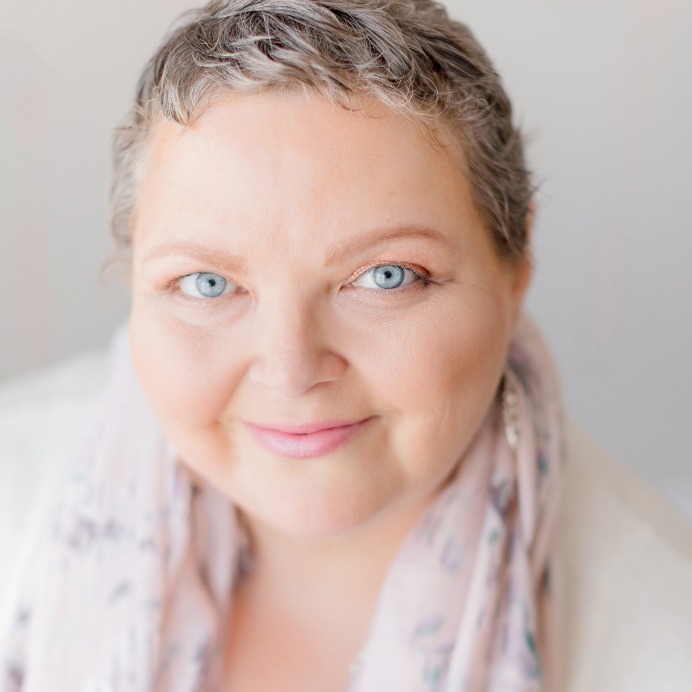By Jackie Greenham
 Living in a remote community like Labrador City, NL comes with its own challenges. We have one grocery store with very high prices, gas is $1.34/L, and we lack normal everyday amenities such as movie theatres and night clubs. Traveling out of Labrador means a very expensive plane ticket or driving 7-14 hours (depending on which direction you choose) on a partially paved highway that has often been called a cow path in some sections. The most critical challenge, however, is access to adequate healthcare. I experienced this firsthand when I was diagnosed with cancer.
Living in a remote community like Labrador City, NL comes with its own challenges. We have one grocery store with very high prices, gas is $1.34/L, and we lack normal everyday amenities such as movie theatres and night clubs. Traveling out of Labrador means a very expensive plane ticket or driving 7-14 hours (depending on which direction you choose) on a partially paved highway that has often been called a cow path in some sections. The most critical challenge, however, is access to adequate healthcare. I experienced this firsthand when I was diagnosed with cancer.
August 2017 I found a lump. After 6 months of testing, scans and biopsies I was finally diagnosed with breast cancer. Because my hometown is so remote, we do not have direct access to health care specialists or standard health care equipment like an MRI machine. The main industry in my hometown is open pit mining that employs thousands of people and we have a hospital that is not equipped to handle a major industrial accident.
A cancer diagnosis is scary enough but when you factor in the financial and emotional strain of having to fly 4 hours from Labrador City to St. John’s, NL to see an oncologist, to get a breast MRI, to get a bone scan, to get a biopsy, to get surgery and treatment...it’s an absolute nightmare. Each return flight costs approximately $1000-$1200. Hotel rooms can run $120/night with a medical rate. Car rentals will be required if you are having to stay any length of time. Far too often, folks are away from family having to go through it alone. It is not uncommon that a spouse must stay behind and work because they can’t afford to take the time off with the added financial burden of medical travel. Perhaps there are children involved and having to explain to them what is happening and the changes that will be coming is overwhelming to say the least.
There are programs available to assist if you happen to know about them. Programs like Air Daffodil, Daffodil House, Air Hope and the provincial Medical Transportation Assistance Program. The problem is, even with programs like these, patients still must pay out of pocket at some point. Cancer in Labrador means many flights, extended stays and big bills and if you are an individual who doesn’t have the financial means to cover off any of these costs upfront, it’s that much more stressful.
The other problem is that there doesn’t seem to be any consistency in the information that patients are given. I had three consultations with three different doctors before someone handed me a book on breast cancer. I was never told about programs or about social workers who were available to help me. I was diagnosed and suddenly felt like I had no one to talk to about it. I wasn’t aware there was such thing as a cancer navigator at that time or peer support programs. I was seeing real gaps in the health care system and the deeper I got into it, the more apparent the gaps became. Speaking to other patients and learning how different their experiences were and how they were told more information or told less was raising an alarm for me.
During my cancer journey, I had flown to St. John’s countless times staying as long as two months in the early stages. We were fortunate to have been supported by friends and even strangers for accommodations. We stayed at Daffodil House when we could and if we had no other option we were in hotels. More than a year later and I still fly back and forth for check ups every few months.
There is a lot of work to be done to improve the healthcare for Labrador. More education is needed so that patients receive the right information when they need it and it needs to be consistent. Labrador needs more doctors, more equipment and better access to specialists. Governments need to increase support by making improvements to existing programs, so people don’t have to pay out of pocket. There needs to be more support for cancer patients in remote communities with specialized mental health treatment and the list goes on. Battling cancer is one of the hardest things a person may ever go through and for anyone living in remote areas like Labrador, fighting to survive can come at a very high cost.






